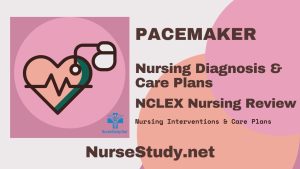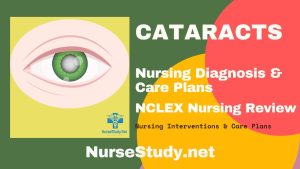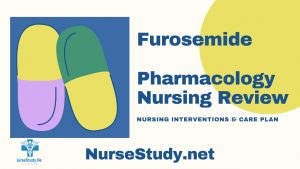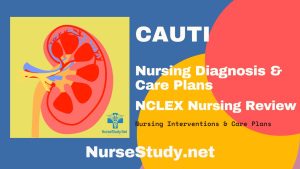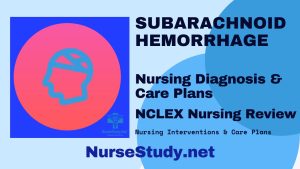Pacemaker Nursing Diagnosis & Care Plan
A pacemaker is an electronic device implanted to regulate cardiac rhythm in patients with heart conduction disorders. This nursing diagnosis focuses on caring for patients with pacemakers, including pre and post-implantation care, monitoring device function, and preventing complications. Causes (Related to) Pacemaker implantation becomes necessary due to various cardiac conditions and factors: Signs and Symptoms … See Nursing Diagnoses
